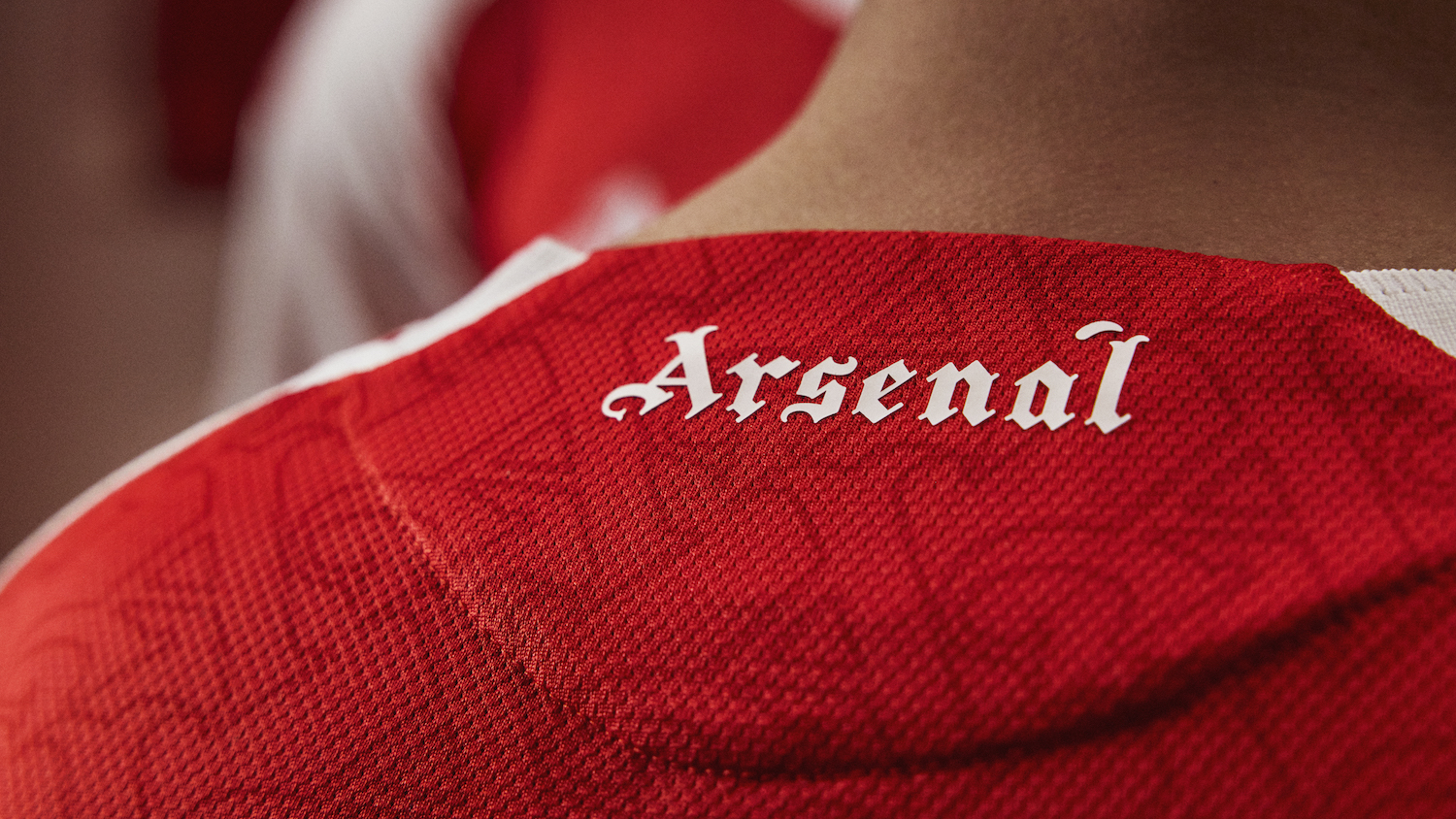
Universidad Catolica joins archrivals Colo Colo and Universidad de Chile in the market, raising $25 million in an initial public offering of an 80 percent stake by its administrator, Cruzados SADP.
Shares of Cruzados traded 6.5 percent firmer from their debut price in Friday midsession trade at 330 pesos each.
The listing is aimed at repaying debt and could help the white-and-blue beat an international trophy dry spell. Catolica had been studying a listing for two years, but the global financial crisis got in the way.
The IPO also comes as Chilean fans are on a high after the national side classified for the 2010 World Cup in South Africa.
Chilean clubs are increasingly turning to stock listings to raise financing to settle debts and hire new players. There have only been two other IPOs on Chile's stock market this year, one by a retailer, the other by a casino.
Chilean club Palestino said in August it aims to appeal to its Arab heritage by floating on the stock exchange at home and in the Palestinian territories.
Football stocks in Chile are usually illiquid and don't react sharply to their team's match results, analysts say.
The best features, fun and footballing quizzes, straight to your inbox every week.
"People who own stock are very passive, sort of like people who own stock in Manchester United because they are fans and will hold onto them their whole lives and pass them on to their children," said Allan Becker, a sales trader with the CorpCapital brokerage.
Colo Colo's shareholders include conservative billionaire Sebastian Pinera, the front-runner ahead of Chile's December 13 presidential election.
Colo Colo is administrated by Blanco y Negro and Universidad de Chile by Azul Azul. Shares of Azul Azul are down about 10 percent since their debut in November 2008. Shares of Blanco y Negro are down around 4 percent since their 2005 debut.
"We have not made any profits in the first two years, but we had planned to invest a lot in the first years," said Cristian Aubert, general manager of Azul Azul.
"These are long-term projects, we have a 30-year concession, so one can expect not to generate profits at the beginning, knowing that you'll make them in the long-term anyway."
For Patricio Sandoval, a retiree whose 11-year-old grandson skipped school to attend Catolica's market debut, his 100 shares that cost him $61 show his true colors.
"I want to be part of Catolica's future," he said, standing in the Santiago Stock Exchange floor adorned with the team's "UC" logo. "This money should be used to nurture new talent ... and we should aim to have an important participation in international cups," he added.
Fans and investors in Chile are betting on football stocks even as the economy of the world's top copper exporter claws its way out of its first recession in a decade due to global financial crisis.
Universidad Catolica has won nine local tournament titles, the third-most among Chilean clubs, but has yet to win South America's prestigious Libertadores Cup.
Last year, Universidad Catolica reported income of about 3.5 billion pesos, or $7 million.
 Join The Club
Join The Club





